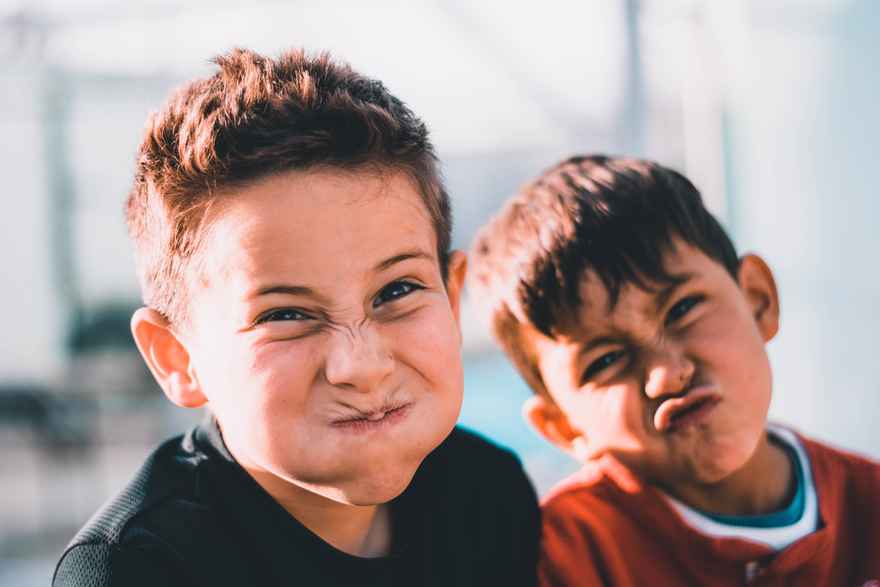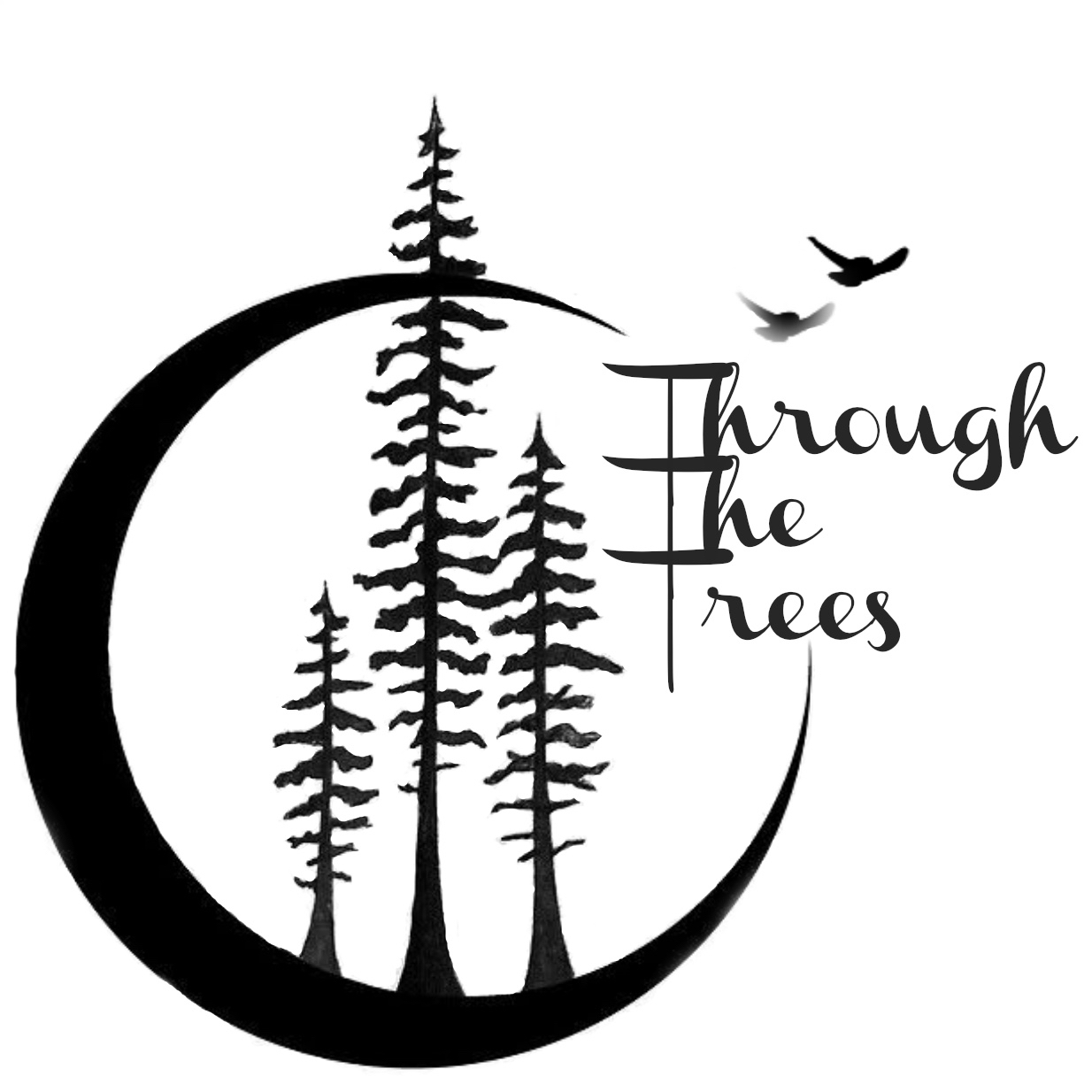The Power of Play

“Play is a child’s work.
It is through imaginative play that children process and integrate the social and cultural information they experience. The social learning that happens during play lays the foundation for social communication and emotional regulation skills that become important for getting and keeping a job, and maintaining close healthy relationships throughout life.
The imaginative games that children play equip them to read and intuit the feelings of others, laying the groundwork for the development of authentic empathy.”
-Aaron Weintraub
As adults, it is easy for us to look at children’s play as frivolous, but child development research tells a different story. Play is essential to healthy development. Many species of animals, particularly mammals, use play to help them develop the skills they will need in adulthood, through play-fighting, pretending to gather food or practicing predatory behaviors. Humans in the modern age need an astounding number of cognitive and social abilities to thrive. We often overlook the role that play has in practicing the skills people of all ages need to navigate an increasingly complex world.
There is particular power when we play in the natural world. Nature helps us to engage all of our senses and gives us many opportunities to observe and move and think. In nature, children often take risks in play that help them understand how their bodies work. They try new things and learn how to fail at something, brush themselves off and try again.They develop creativity, critical thinking, the ability to hypothesize and test a theory. Nature play can teach a child about physics, gravity, material science, and biology. It is a powerful modality for learning problem solving and resilience. When they play with others, kids learn how to navigate emotions, negotiate disagreements and how to balance their needs with those of others.
I have had several conversations with parents in recent months who are concerned about their kids aggressive, violent or anxious play. I often reiterate to these parents my belief that play is the way children make sense of what they don’t understand. It can be disconcerting when we observe our children acting out the uglier parts of the human condition, but the world we live in is full of division, violence and fear. Even when we make every effort to protect our children from exposure to the wider world, they absorb cultural messages, as if through their skin.
Children often become enamored by war, death, guns or good guy/bad guy scenarios, and invent games around these themes. For many of us who wish to embrace a peaceful life, it is our inclination to completely stop this sort of play for fear that our children will grow up to be violent or become bullies. In my experience, quite the opposite can be true. When children are allowed a healthy outlet to process the darker elements of the world around them, they have the opportunity to develop empathy. Of course, there are times when it goes too far, but these are also the times when some of the most valuable lessons can be learned.
In my work running Nature Immersion Programs with children, I have witnessed hundreds of group games invented by kids. Often these games start out cooperative, get a bit dicey in the middle, and lead to incredible opportunities for problem solving when they break down. Often these mirror major trends in human history: fights over property, power struggles, subjugation, creating systems for justice and fighting against these systems when they don’t feel fair. Does it sometimes feel like chaos? Definitely. But are the kids learning about what it means to be human? Also, definitely. There are times when an adult needs to step in and model empathy or help problem solve, but just as often, kids who have seen the adults in their lives model compassion will seek to find harmony in their friendships and will come up with amazing solutions to make it work for everyone.
As an adult who wishes to connect deeply with the children in my life, I have found that playing with kids, especially in ways that they choose, can be a very powerful way to get into their world. We can, of course, express our opinions and concerns about aggression or competition, but if we create space for them to work things out in the context of play, they will often astound us with their capacity for growth and goodness.

1 comment
Thank you for this excellent post. Such a good reminder that the important tools come from going through the process of conflict and learning how to come to satisfactory resolution, not from avoiding it.
Leave a comment
Please log in or register to post a comment